 Welcome
Welcome
“May all be happy, may all be healed, may all be at peace and may no one ever suffer."
- A
- B
- C
- D
- E
- F
- G
- H
- I
- J
- K
- L
- M
- N
- O
- P
- Q
- R
- S
- T
- U
- V
- W
- X
- Y
- Z
Diencephalon Brain - Diseases
The diencephalon is a part of the brain that is located between the cerebral hemispheres and above the brainstem. It includes several important structures that are responsible for regulating a variety of functions in the body, including the thalamus, hypothalamus, and epithalamus.
The thalamus is a major relay station for sensory information entering the brain. It receives and processes sensory input from the body, such as touch, pain, temperature, and vision, and relays this information to the appropriate regions of the cerebral cortex for further processing.
The hypothalamus is a key regulator of the autonomic nervous system, which controls many of the body's involuntary functions, such as heart rate, blood pressure, and digestion. It is also involved in regulating the endocrine system, which controls hormone production and release.
The hypothalamus plays a crucial role in regulating a wide range of physiological processes, including body temperature, hunger, thirst, sleep, and circadian rhythms. It is also involved in emotional and behavioral responses, such as aggression and sexual behavior.
The epithalamus contains the pineal gland, which is responsible for producing the hormone melatonin. Melatonin helps to regulate the sleep-wake cycle and is involved in other physiological processes, such as mood and immune function.
Overall, the diencephalon plays a critical role in regulating many of the body's most important functions and is essential for maintaining overall health and wellbeing.
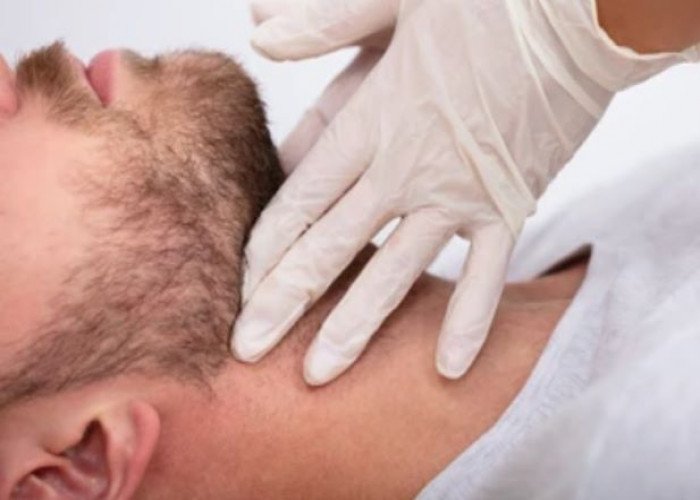
Lymph node
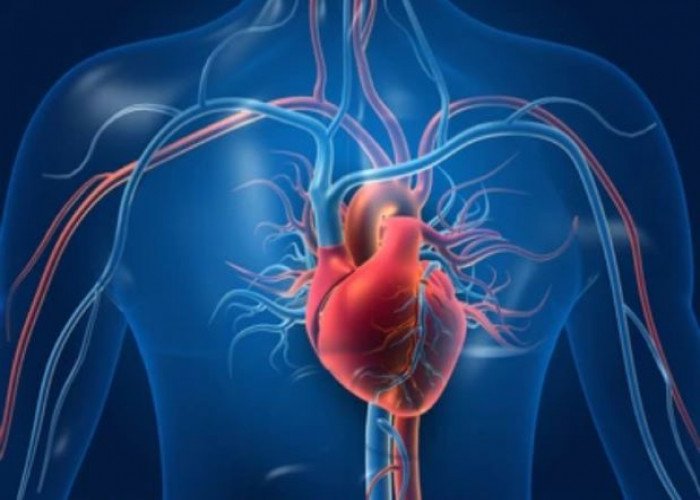
Veins
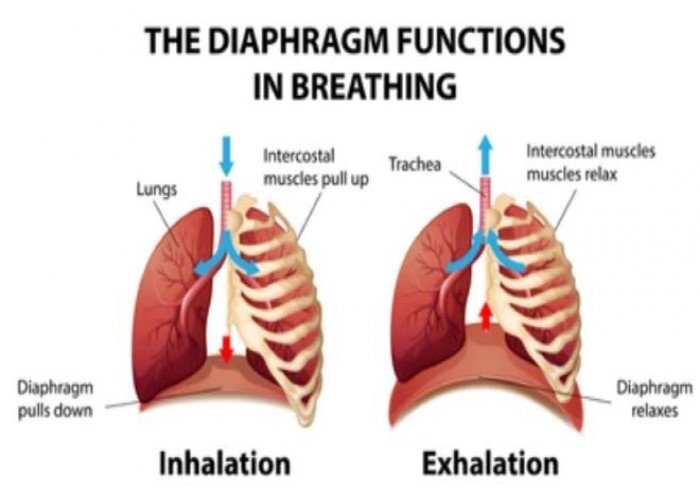
Diaphragm
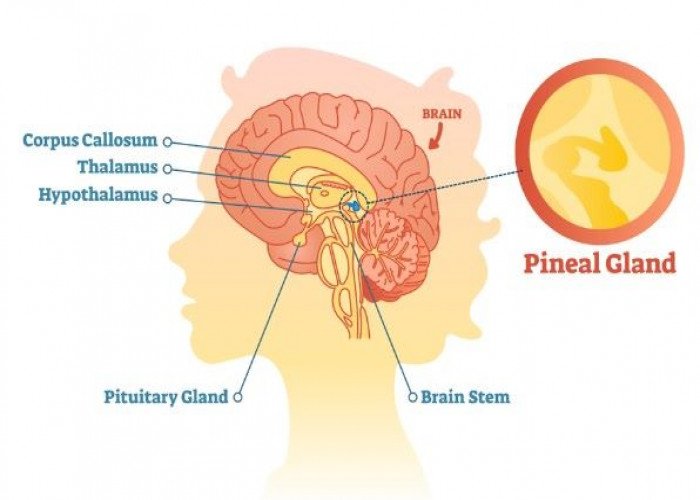
Pineal gland
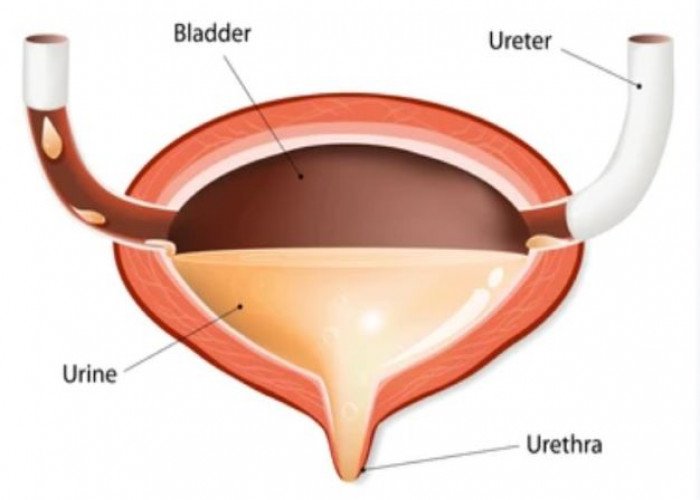
Urethra

Epididymis

Wrist

Brain
Diencephalon brain, Forebrain diencephalon, ডায়েন্ফ্যালন ব্রেইন
To be happy, beautiful, healthy, wealthy, hale and long-lived stay with DM3S.